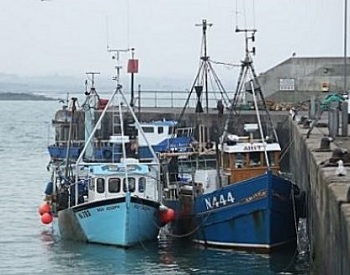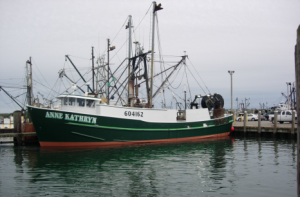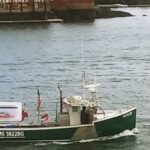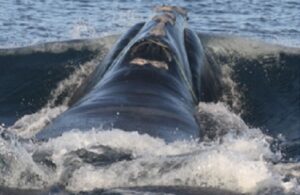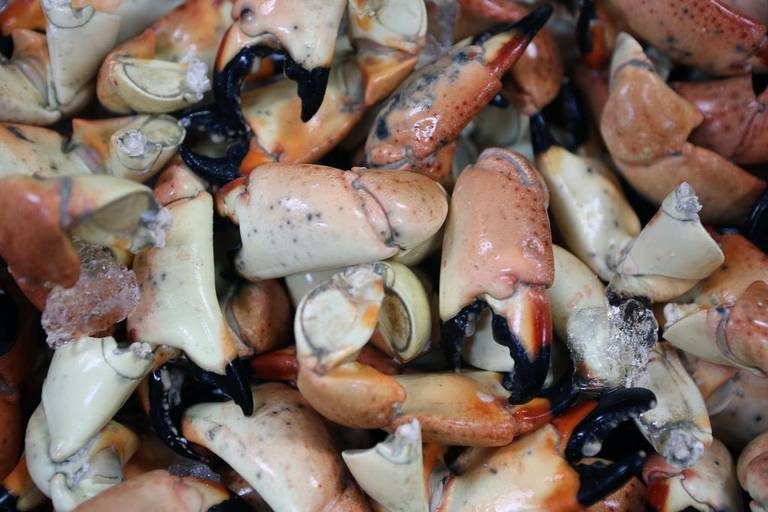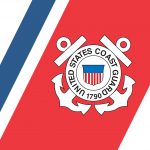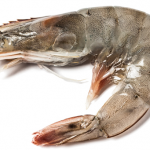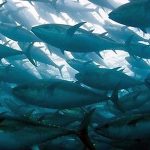Tag Archives: Terry Alexander
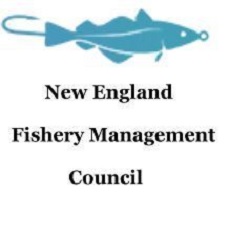
Governor Charlie Baker nominates locals for New England Fishery Management Council
The New England Fishery Management Council will lose four of its longest-serving members this summer because of term limits and two of the vacant seats could be filled by candidates from Cape Ann. Massachusetts Gov. Charlie Baker has nominated Jackie Odell,,, Baker listed recreational fishing stakeholder Mike Pierdinock as his preferred candidate,,, On their way out Quinn, Balzano, Terry Alexander, of Maine, and Matthew McKenzie, of Connecticut, will be leaving the council when their terms expire on Aug. 10. >click to read< 08:23
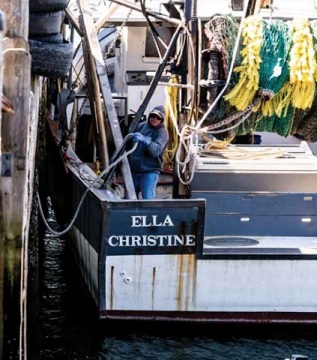
The Last of the Port Clyde Groundfishermen – Once robust, Maine’s groundfishery is on the ropes
When Randy Cushman was growing up in Port Clyde, some 300 trawlers were moored up and down Maine’s coast,,, Today, Cushman is 59 years old and might be Maine’s most knowledgeable commercial fishermen.,, But Cushman is barely scraping by. Prices for cod, flounder, and other groundfish have all but collapsed in Maine. The combination of rock-bottom prices, the need to protect the state’s fish stocks, and a dearth of fishing infrastructure make it harder than ever to be a fisherman here. Today, the robust Maine trawler fleet of Cushman’s youth has been reduced to around 30 boats. photos, >click to read< 14:21
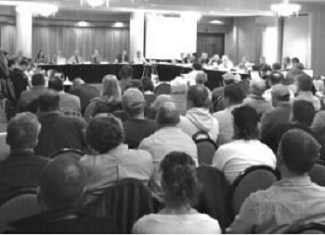
Term limits bumping four members from NEFMC
The New England Fishery Management Council will assume a decidedly different composition later this year when four councilors with almost 40 years combined tenure exit because of term limits. On Aug. 10, the terms of Chairman John Quinn of Massachusetts, Matthew McKenzie of Connecticut, Chairman John Quinn of Massachusetts, Matthew McKenzie of Connecticut, Vincent Balzano and Terry Alexander, both of Maine, are set to expire. >click to read< 17:50
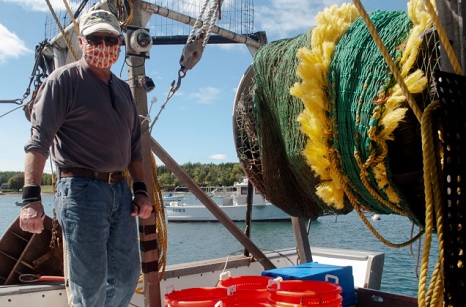
NEFMC will vote Sept. 30 on changing requirements for groundfish monitoring, fishermen have mixed responses
Commercial fisherman Randy Cushman walks on top of his boat where he measures fish in front of electronic monitoring cameras, pictured to the right. Cushman is among a handful of New England fishermen who use electronic monitoring instead of a traditional human observer to track what they catch and discard. The New England Fisheries Management Council (NEFMC) is scheduled to vote on changes to its groundfish management plan at a virtual meeting Sept. 30, culminating four years of research. “If we’re going to have accurate stock assessments, we need 100 percent coverage under this management system,” said Cushman. But, the prospect of increased monitoring concerns Terry Alexander, a fisherman who represents Maine on the NEFMC and operates his 62-foot boat out of Massachusetts. >click to read< 10:57

Council delays vote on at-sea monitoring
Meeting solely via webinar, council members voted 12-5 to postpone final action on Amendment 23 beyond its June meeting, when it expected initially to vote. The amendment will set at-sea monitoring levels in the Northeast Multispecies groundfish fishery. Many of those voting for the postponement expressed concern that fishermen have enough on their plate managing the economic and social impacts of the pandemic without having to deal with the complexities of the amendment and the need to develop public comment. “My day job is working with commercial groundfishermen and I can assure all of you, when I’m on the phone with them, it’s COVID-19 related, not Amendment 23-related,” said council member Libby Etrie. >click to read< 16:10
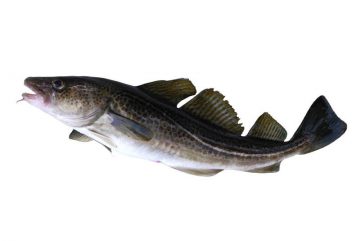
Cod fishery plummets to least valuable year since 1960s
Maine’s cod fishery, once one of the most lucrative in the Northeast, has declined to the point that it had its least valuable year in more than a half-century in 2018. The state’s industry harvesting the fish-and-chips staple goes back centuries, and it once brought millions of pounds of the fish to land year after year. But data from the state Department of Marine Resources indicate the state’s cod were worth just over $200,000 at the docks last year — less than the median price of a single-family home in Maine. >click to read<09:56
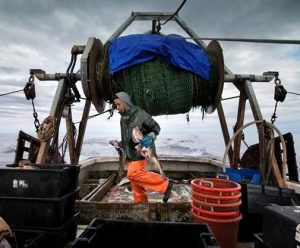
US fishermen lose quota in new fishing pact with Canada
American fishermen are losing thousands of pounds of valuable fishing quota under a new catch share agreement with Canada. Fishermen from the U.S. and Canada seek haddock, cod and flounder on Georges Bank, which is a critical fishing ground east of New England, The two countries craft a catch share agreement every year. Under the latest agreement, the U.S.’s eastern Georges Bank cod quota is falling by more than 25 per cent to about 415,000 pounds and the eastern Georges Bank haddock quota is falling by about 4 per cent to about 33 million pounds. The loss in quota will present a hardship for New England fishermen, who are already coping with low cod quotas and the collapse of the cod stock, said Terry Alexander,,, >click to read<16:40
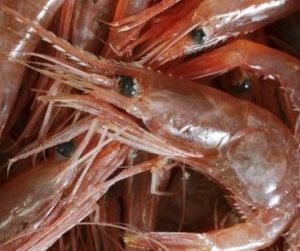
New England shrimp population still looks bad amid shutdown
A new analysis of New England’s shrimp population doesn’t bode well for the future of the long-shuttered fishery for the crustaceans. The Maine-based shrimp fishery has been shut down since 2013 because of concerns such as warming ocean temperatures and poor survival of young. Scientists working with the Atlantic States Marine Fisheries Commission are assessing the shrimp stock, and so far it looks like little has changed. Results of the stock assessment “look fairly similar to what we’ve seen in previous years,” said Megan Ware, a fishery management plan coordinator with the Atlantic States. >click to read<08:54
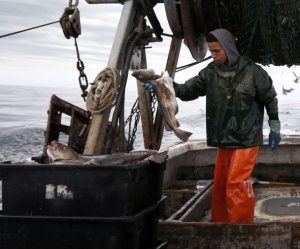
New England: Centuries-old cod fishery had worst year in history in 2017
One of the most historic fisheries in the country hit an all-time low last year as cod fishermen continued to struggle with choking quotas and low abundance of the fish. Maine’s cod fishery has existed since at least the early 17th century, and it was once one of the strongest in the country. The fishery peaked at more than 21 million pounds of cod, a fish often used with the fish and chips dish, in 1991.,,, One reason for the collapse is that federal quotas for cod are so low many fishermen are just avoiding them altogether, said Terry Alexander, a veteran fisherman out of Portland and Boston. Cod fishermen typically also seek other species, such as haddock and flounder, and they must stop fishing altogether once they reach quota for cod, per the rules. >click to read<11:15
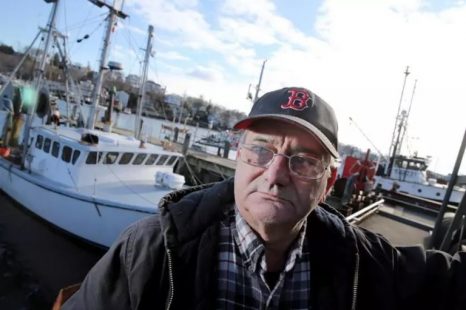
PFD’s: Fishing is a deadly business, but many fishermen won’t wear life preservers
One rogue wave or false step, an ankle caught in a line, is all it takes to cast a fisherman overboard. But those risks have never been enough to convince Rick Beal that it’s worth wearing a life preserver. Even though he has never learned how to swim. Commercial fishing ranks among the most dangerous professions, but fishermen — fiercely independent and resistant to regulations — have long shunned life preservers, often dismissing the flotation devices as inconvenient and constraining. click here to read the story 14:46 
The First Indicator – Looking Back. The 2nd indicator, looking forward.
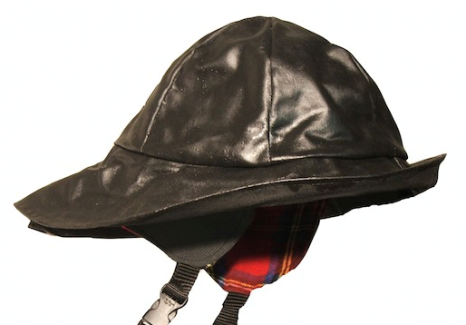 Let me say first off, no one ever accused me of being smart, not even me. I learned at an early age what a stupid son of a bitch was, and I learned it the hard way.,, “This is pretty dire,” said Russell Brown, deputy science and research director of the Northeast Fisheries Science Center, the branch of NOAA that did the research. Warning! Savory language ahead. Not to be read if offended easily! Read more here 09:06
Let me say first off, no one ever accused me of being smart, not even me. I learned at an early age what a stupid son of a bitch was, and I learned it the hard way.,, “This is pretty dire,” said Russell Brown, deputy science and research director of the Northeast Fisheries Science Center, the branch of NOAA that did the research. Warning! Savory language ahead. Not to be read if offended easily! Read more here 09:06
2 for the Price of One from El Globo! Gulf of Maine’s cod stock falling, study says – Gulf of Maine Cod Stock at All-Time Low
The cod population in the Gulf of Maine is plummeting more steeply than previously thought, according a new assessment by the federal agency that monitors the fishing industry. Underwater surveys conducted by the National Oceanic and Atmospheric Administration estimated that the iconic species has dwindled to as little as 3 percent of what it would take to sustain a healthy population. Read more here Gulf of Maine Cod Stock at All-Time Low Read more here 16:15

































